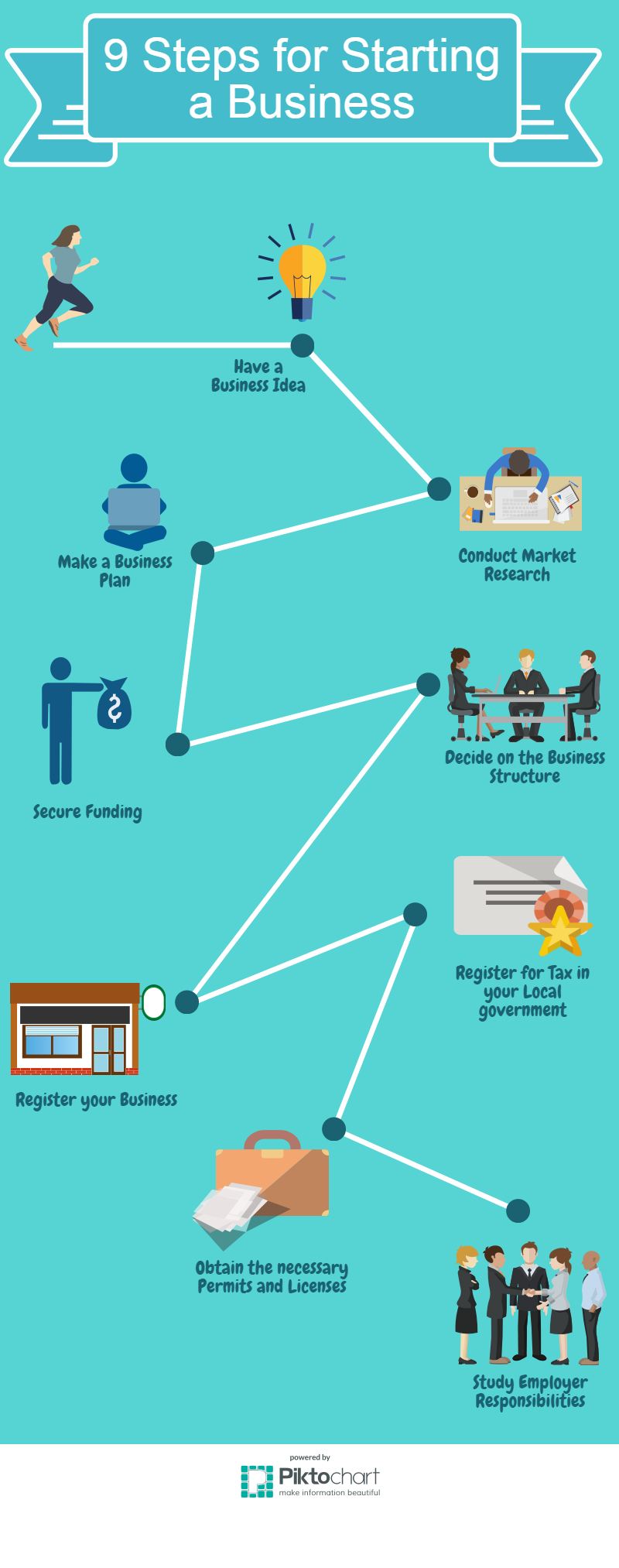Navigating the World of Decor: A Comprehensive Guide to Starting Your Business
Related Articles: Navigating the World of Decor: A Comprehensive Guide to Starting Your Business
Introduction
With great pleasure, we will explore the intriguing topic related to Navigating the World of Decor: A Comprehensive Guide to Starting Your Business. Let’s weave interesting information and offer fresh perspectives to the readers.
Table of Content
Navigating the World of Decor: A Comprehensive Guide to Starting Your Business

The world of decor is a vibrant and ever-evolving landscape, offering a canvas for creativity and a platform for personal expression. It is an industry that speaks to the human desire for beauty, comfort, and a sense of belonging within their surroundings. For those with a passion for design, an eye for aesthetics, and a drive to create, launching a decor business can be a rewarding and fulfilling venture.
This comprehensive guide aims to equip aspiring entrepreneurs with the knowledge and strategies necessary to navigate the complexities of starting and successfully operating a decor business. It explores the essential considerations, from crafting a compelling business plan to establishing a strong brand identity and navigating the intricacies of marketing and sales.
Understanding the Decor Industry: A Landscape of Opportunity
The decor industry encompasses a vast array of products and services, catering to diverse tastes and budgets. This expansive market includes:
- Furniture: From contemporary to traditional, rustic to modern, the furniture sector offers a diverse range of styles, materials, and price points.
- Home Accessories: This category encompasses a wide array of items that enhance the aesthetic appeal of a space, including decorative items, lighting fixtures, rugs, curtains, and artwork.
- Wall Decor: From framed prints and paintings to tapestries and murals, wall decor adds personality and visual interest to any room.
- Textiles: Fabrics like curtains, upholstery, and bedding contribute significantly to the overall ambiance of a space.
- Interior Design Services: Professionals in this area offer personalized design solutions, incorporating elements of functionality and aesthetics to create harmonious living spaces.
The Benefits of Starting a Decor Business
Launching a decor business presents numerous advantages, including:
- Creative Expression: The decor industry provides an ideal platform for individuals passionate about design to express their creativity and vision.
- Flexibility and Control: Entrepreneurs have the autonomy to define their business model, choose their niche, and set their own working hours.
- Market Demand: The decor industry is constantly evolving, with a consistent demand for unique and stylish products and services.
- Financial Rewards: Success in the decor business can lead to significant financial rewards, with the potential for growth and expansion.
- Impactful Work: Decor businesses have the potential to positively impact people’s lives by creating beautiful and functional spaces that enhance their well-being.
Getting Started: The Foundation of Your Decor Business
1. Defining Your Niche:
Identifying a specific niche within the decor industry is crucial for establishing a strong brand identity and attracting a targeted audience. Some potential niches include:
- Sustainable Decor: Focus on eco-friendly materials and ethical sourcing practices.
- Vintage and Antique Decor: Specialize in sourcing and restoring unique pieces with historical significance.
- Minimalist Decor: Cater to those who prefer clean lines, simple designs, and a clutter-free aesthetic.
- Bohemian Decor: Embrace eclectic styles, vibrant colors, and a focus on handcrafted items.
- Contemporary Decor: Offer modern and stylish furniture and accessories, often incorporating innovative materials and designs.
2. Crafting a Business Plan:
A well-structured business plan is essential for outlining your vision, strategies, and financial projections. It serves as a roadmap for your business’s growth and development. Key elements of a comprehensive business plan include:
- Executive Summary: A concise overview of your business concept, target market, and financial goals.
- Company Description: A detailed description of your business model, including your niche, products or services offered, and competitive advantages.
- Market Analysis: An assessment of the target market, including its size, demographics, and buying behavior.
- Marketing and Sales Strategy: A plan for reaching your target market, including advertising, social media marketing, and sales channels.
- Financial Projections: A detailed analysis of your projected income, expenses, and profitability.
3. Legal and Regulatory Considerations:
Before launching your business, it is essential to understand and comply with relevant legal and regulatory requirements. Key considerations include:
- Business Structure: Choose a legal structure for your business (sole proprietorship, partnership, LLC, etc.) that aligns with your goals and liabilities.
- Registration and Licensing: Obtain necessary business licenses and permits, which may vary depending on your location and business activities.
- Tax Requirements: Understand your tax obligations and register for the appropriate tax identification numbers.
- Insurance: Secure appropriate business insurance to protect your assets and mitigate risks.
4. Sourcing and Inventory Management:
Establishing reliable sources for your products or services is crucial for maintaining a consistent supply and meeting customer demands. Consider:
- Wholesale Suppliers: Partner with wholesalers to source a wide variety of decor items at competitive prices.
- Local Artisans and Craftspeople: Collaborate with local artists and craftspeople to offer unique and handcrafted pieces.
- Direct Importation: Explore importing products directly from manufacturers, potentially offering competitive pricing and exclusive designs.
- Inventory Management: Implement efficient inventory management systems to track stock levels, minimize waste, and optimize storage space.
5. Pricing Strategy:
Determining the right pricing for your products and services is essential for profitability and customer satisfaction. Consider factors such as:
- Cost of Goods Sold: Calculate the direct costs associated with producing or acquiring your products.
- Operating Expenses: Factor in overhead costs like rent, utilities, and marketing expenses.
- Competitive Pricing: Research the pricing of similar products or services offered by competitors.
- Value Pricing: Highlight the unique value proposition of your products or services to justify premium pricing.
Building Your Brand: Establishing a Strong Identity
A compelling brand identity is essential for differentiating your decor business from competitors and attracting a loyal customer base. Key elements of a strong brand include:
- Brand Name: Choose a name that is memorable, relevant to your niche, and reflects your brand values.
- Logo Design: Create a visually appealing logo that represents your brand and resonates with your target audience.
- Brand Story: Develop a compelling narrative that explains your business’s mission, values, and unique selling points.
- Visual Identity: Establish a consistent visual aesthetic for your website, social media platforms, marketing materials, and storefront (if applicable).
Marketing and Sales Strategies: Reaching Your Target Audience
Effective marketing and sales strategies are crucial for driving traffic to your business and generating revenue. Consider:
- Website and Online Store: Develop a professional website and online store to showcase your products or services and facilitate online sales.
- Social Media Marketing: Utilize social media platforms like Instagram, Pinterest, and Facebook to engage with potential customers, share inspirational content, and promote your brand.
- Content Marketing: Create valuable and engaging content, such as blog posts, articles, and videos, to establish yourself as an expert in the decor industry and attract a loyal audience.
- Email Marketing: Build an email list to send targeted promotions, newsletters, and updates to your customers.
- Public Relations: Seek opportunities for media coverage, such as local publications, online blogs, and social media influencers.
- Partnerships and Collaborations: Collaborate with other businesses in the decor industry or related fields to cross-promote products and services.
- Networking Events: Attend industry events and trade shows to connect with potential customers, suppliers, and collaborators.
FAQs: Addressing Common Questions
Q: What is the initial investment required to start a decor business?
A: The initial investment will vary depending on the scale and scope of your business. It may include costs for inventory, website development, marketing materials, and business registration.
Q: What are the most important skills for success in the decor industry?
A: Success in the decor industry requires a combination of creativity, business acumen, and customer service skills. A strong understanding of design principles, market trends, and customer needs is essential.
Q: How can I stay competitive in the decor industry?
A: Staying competitive requires continuous innovation, adapting to market trends, offering unique products or services, and providing exceptional customer service.
Q: What are some common challenges faced by decor businesses?
A: Common challenges include managing inventory, staying up-to-date with design trends, marketing effectively, and competing with larger retailers.
Tips for Success: Strategies for Growth and Development
- Focus on Customer Service: Provide exceptional customer service to build trust and loyalty.
- Build a Strong Online Presence: Invest in a professional website and social media marketing to reach a wider audience.
- Stay Up-to-Date with Trends: Continuously research and adapt to evolving design trends to remain competitive.
- Offer Unique Products or Services: Differentiate your business by offering unique, handcrafted, or personalized items.
- Build Relationships with Local Artisans: Partner with local craftspeople to offer exclusive and high-quality products.
- Consider Offering Interior Design Services: Expand your offerings to include personalized design consultations and space planning.
Conclusion: Embracing the Journey of Decor
Starting a decor business is a journey that requires passion, dedication, and a willingness to adapt to the ever-evolving landscape of the industry. By carefully planning, establishing a strong brand identity, and implementing effective marketing and sales strategies, entrepreneurs can create a successful and fulfilling business that brings beauty and functionality to the spaces we inhabit.








Closure
Thus, we hope this article has provided valuable insights into Navigating the World of Decor: A Comprehensive Guide to Starting Your Business. We hope you find this article informative and beneficial. See you in our next article!